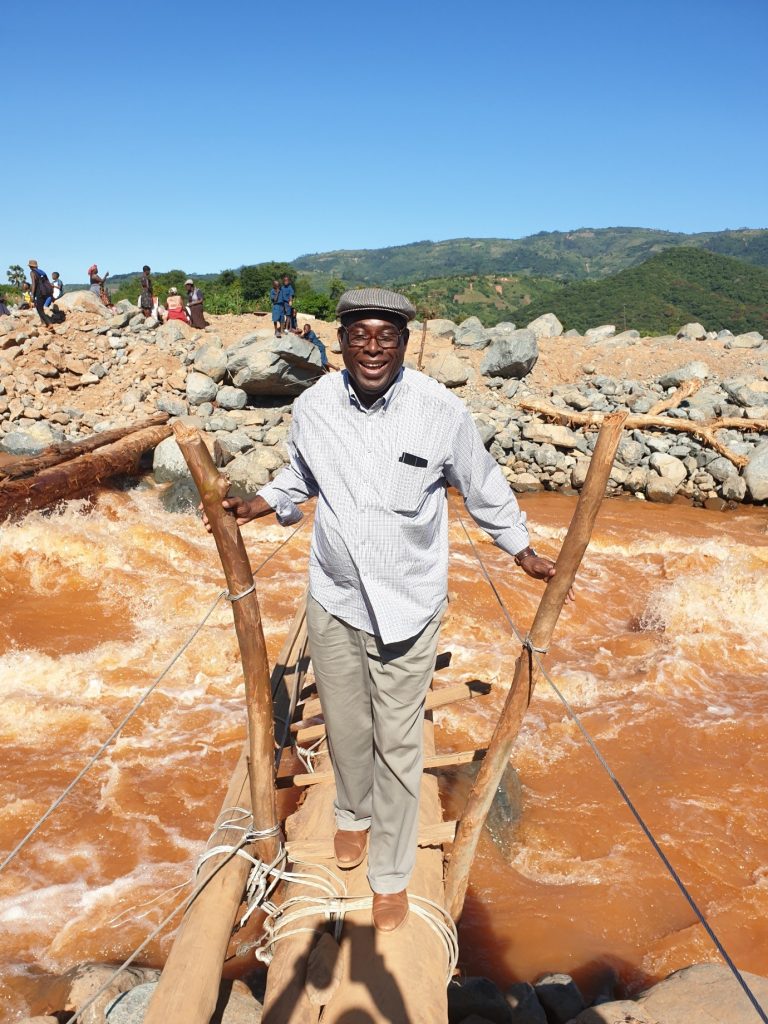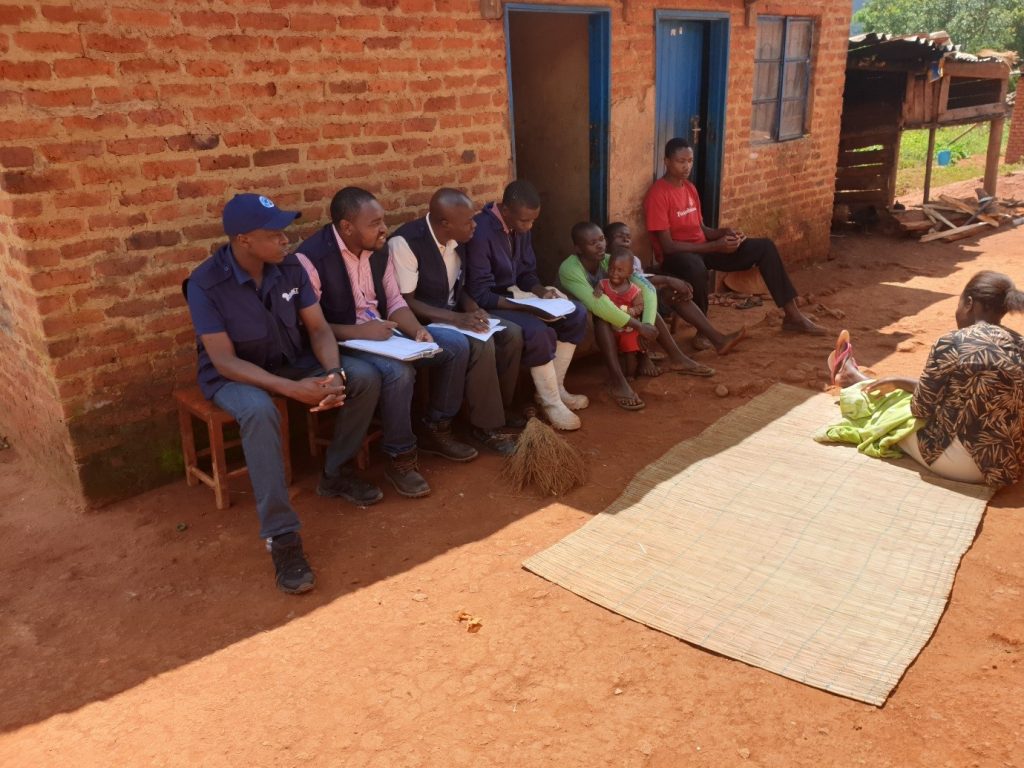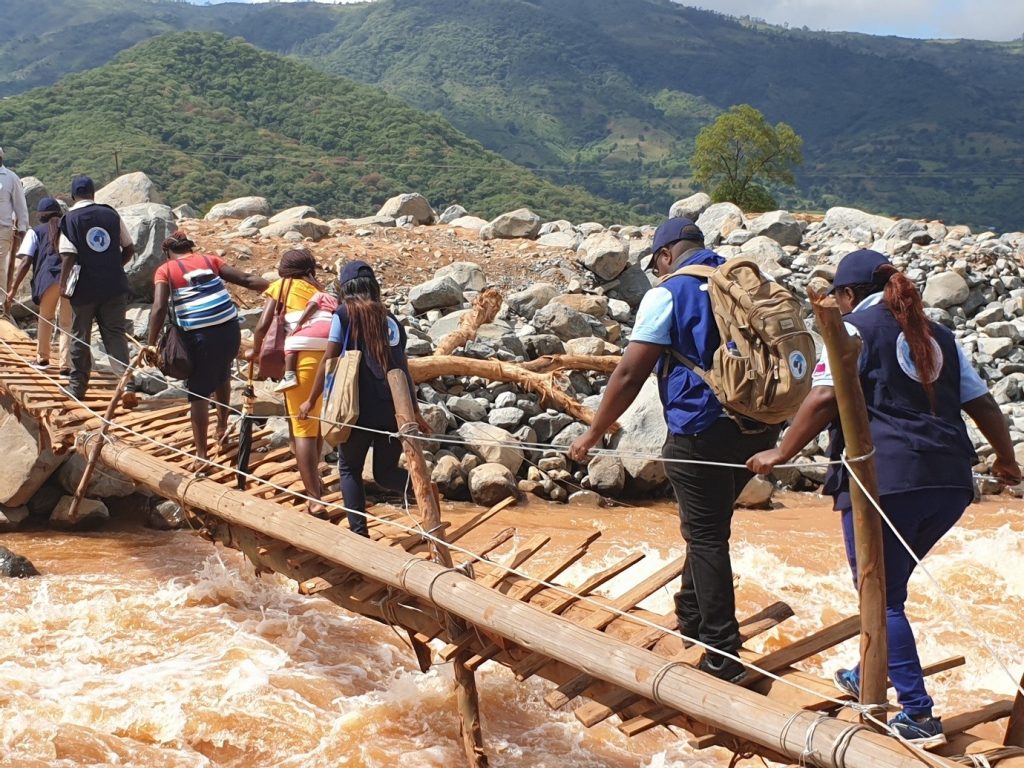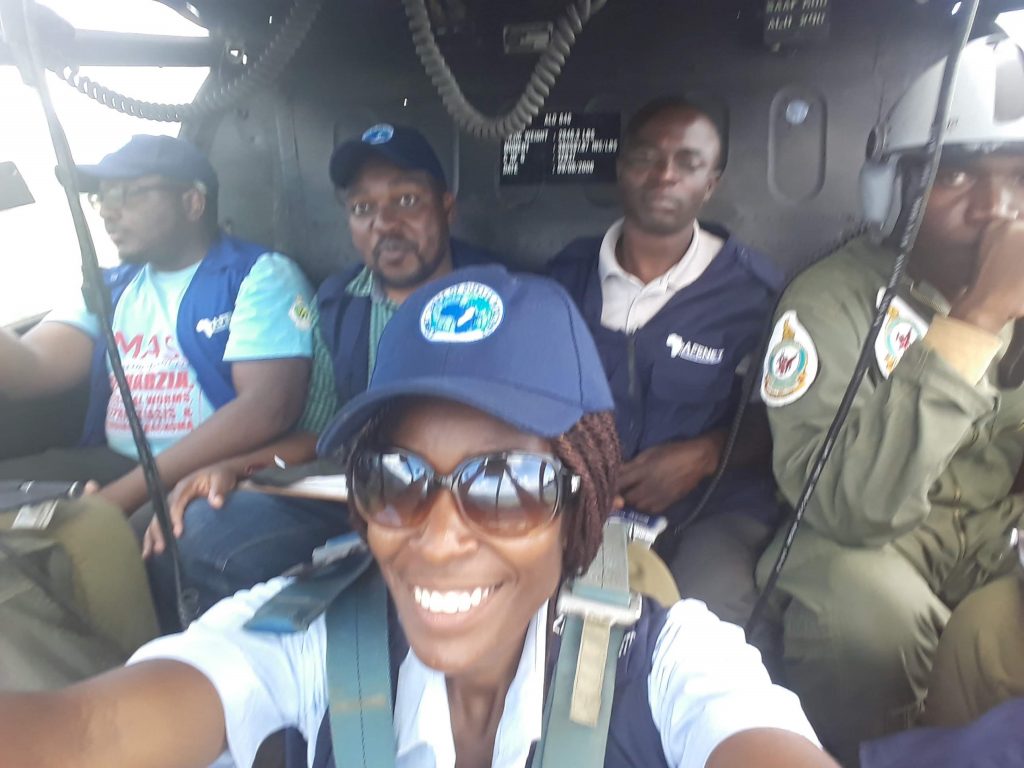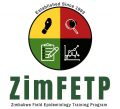Cyclone Idai is regarded as one of the worst tropical cyclones on record to affect Southern Africa. This cyclone brought strong winds and caused severe flooding and mudslides in Madagascar, Malawi, Zimbabwe, South Africa and Mozambique. In Zimbabwe, 181 people were killed, 183 injured and 347 people were missing as of 5 April 2019. In addition, an estimated 50 000 households and 250 000 people including 120 000 children have been affected by the flooding and landslides. The Zimbabwe Field Epidemiology Training Programme led by its director, Professor Tshimanga carried out a Community Assessment for Public Health Emergency Response (CASPER) and Health Education in the affected areas of Chimanimani and Chipinge. With support from WHO and AFENET, the main purpose of the CASPER was to determine health and nutrition, food security, water and sanitation plus safety needs of residents living in the affected districts. A cold chain assessment of vaccines and medicines was also carried out at health facilities as well as disease surveillance of epidemic prone conditions. The team comprised 10 second year residents and four coordinators and spent a whole week doing data collection in the affected parts of Chipinge and mainly Chimanimani which was the most affected.
The team conducted a descriptive cross sectional household survey using the CDC CASPER toolkit. Key findings included;
- The majority of households (60%) are relying on river water for drinking which is untreated with a resultant rise in diarrhoeal cases as reported from local clinics.
- More than half the households had inadequate food for the next three days hence increased anticipation of malnutrition.
- There was severe destruction of sanitation facilities with 58% of households relying on neighbour’s toilet or the bushes.
- Significant damage on the majority of households (70%) which led to a significant number of households staying in temporary and neighbours shelters.
- Farmlands and livestock destroyed and this has detrimental effects on a community whose livelihoods are largely based on agricultural activities.
A full report of the findings will be published in due course.
